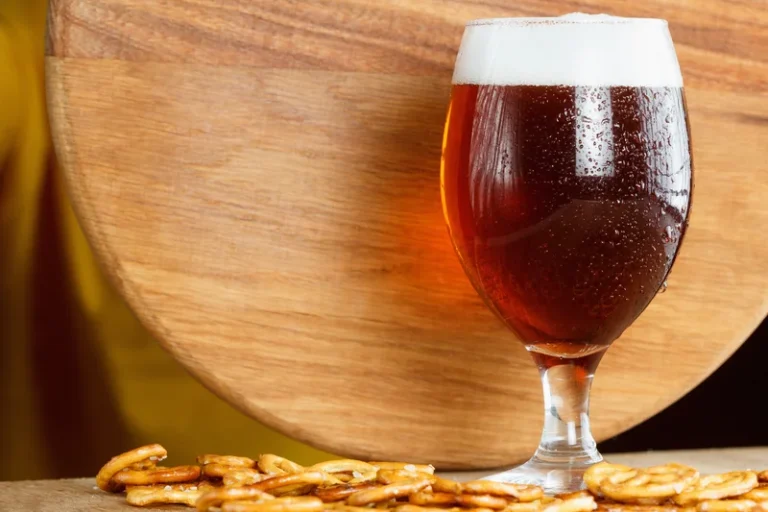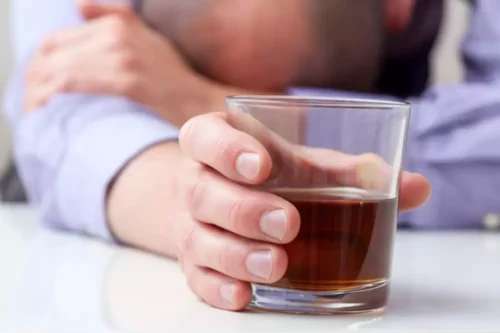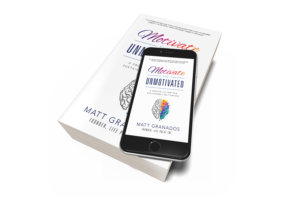
Intensive consumer interest in the properties of CBD is relatively recent, however, especially when compared with the long and storied history of cannabis and the persistent fascination with the psychoactive effects of THC. In the last few years, the CBD industry has become increasingly lucrative and was valued at $170 million in 2016; it is forecast to be valued at several billion dollars by 2023 (Corroon & Phillips, 2018). CBD products are widely available for purchase from both online and brick-and-mortar stores, including pharmacies, gas stations, convenience stores, and pet supply stores. Available formulations include oils, lotions, and tinctures as well as “vape juice” (i.e., liquids for fillable electronic cigarettes). In addition, periodic media reports suggest that the food and beverage industry has become interested in CBD-infused products, ranging from beverages (e.g., tea, coffee, wine) to snack foods and fast-food cheeseburgers. In a freshly harvested cannabis plant, THC and CBD are present in their acidic forms (THCA and CBDA, respectively), and it is primarily when they are heated that the decarboxylation necessary for them to be converted to their more commonly known “free” (and pharmacologically active) forms occurs.

How we vet brands and products
CBD is in early clinical trials for treating post-traumatic stress disorder (PTSD) and schizophrenia, says Blessing, who is currently studying whether CBD could be used to treat PTSD in people with alcohol use disorder. As more states legalize recreational cannabis, scientists still know little about its risks and benefits. “You’ll know the quality of the product and the dose you’re receiving, and they’ll monitor you carefully to ensure your safety,” he says.

The other way that THC can sneak into your CBD bottle

In May 2019, A federal appeals court has re-instated a case against the federal government over the Schedule I status of cannabis. In 1972 the National Organization for the Reform of Marijuana Laws (NORML) petitioned the Bureau of Narcotics and Dangerous Drugs (BNDD) (now the Drug Enforcement Administration (DEA)) to transfer cannabis to Schedule II so that it could be legally prescribed by physicians. The BNDD declined to initiate proceedings on the basis of their interpretation of U.S. treaty commitments. It is presently classed in schedule I(C) along with its active constituents, the tetrahydrocannibinols and other psychotropic drugs.

Is THC more effective than CBD for pain?
Also, as the regulatory pathways are clarified we will take care to inform all stakeholders as quickly as possible. The .gov means it’s official.Federal government websites often end in .gov is cannabidiol addictive or .mil. Before sharing sensitive information, make sure you’re on a federal government site. In the 1930s, this propaganda persisted and heavily contributed to cannabis becoming illegal.
- That much CBD can make about 350 bottles of lotion, he said, which each typically hold about 200 milligrams of the compound.
- We are aware that some firms are marketing CBD products to treat diseases or for other therapeutic uses , and we have issued several warning letters to such firms.
- This law removed hemp from the federal Controlled Substances Act, effectively legalizing CBD if it comes from hemp.2 However, a few states have not removed hemp from their state’s-controlled substances acts, so legality of CBD products differs across states.
- Even after the approval, the company that makes Epidiolex (GW Pharmaceuticals) still couldn’t lawfully sell it.
Removal of cannabis from Schedule I of the Controlled Substances Act
This week, Congress agreed to the final version of the 2018 Farm Bill, and President Trump is expected to sign the legislation within days. While it provides important agricultural and nutritional policy extensions for five years, the most interesting changes involve the cannabis plant. Typically, cannabis is not part of the conversation around farm subsidies, nutritional assistance, and crop insurance. Yet, this year, Senate Majority Leader Mitch McConnell’s strong support of and leadership on the issue of hemp has thrust the cannabis plant into the limelight. Cheer said there is also strong support that CBD reduces anxiety and stymies addiction to opioids and marijuana. It may also offer sleep benefits to patients with multiple sclerosis, Parkinson’s disease and Huntington’s disease.



